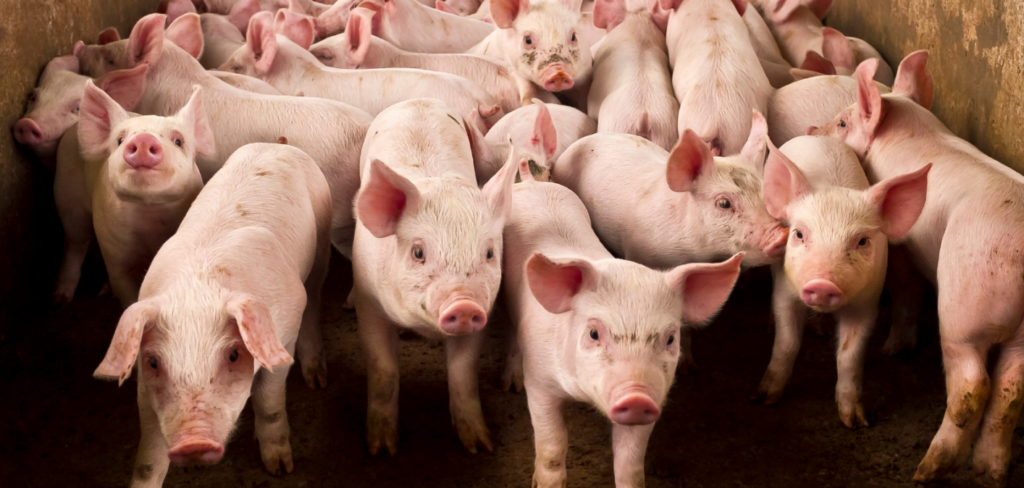To help pig producers plan appropriate strategies to manage post-weaning diarrhoea (PWD) without zinc oxide, animal pharmaceutical company Elanco is now offering free diagnostic testing to identify the cause of the disease.
Around 54% of farms in the UK are affected by PWD. According to Jack Fellows, Elanco swine sales lead, F4 and F18 strains of enterotoxigenic E. coli (ETEC) are responsible for the majority of cases, between 50 and 80%. The free diagnostic test will enable farmers to identify what strain of the disease may be present on their farms.
Other strains of E. coli can also be responsible for PWD and pathogens such as rotavirus, campylobacter and cryptosporidium can also play a role, particularly if gut integrity is already compromised by ETEC infection Mr Fellows explained.
Although zinc oxide will continue to be available in the short-term, he advised producers to start thinking ahead and begin integrating new tools to manage the disease now.
“Knowing exactly what you are dealing with by identifying the likely causative agents on-farm, is important to develop an effective prevention programme. In the absence of zinc, which has served as a silver bullet, multiple measures will be needed,” he said.
The options available to pig producers include vaccinations to protect piglets against the strains of E. coli that can lead to PWD.
“Vaccination offers a good return on investment, particularly when used in tandem with other measures such as good hygiene and nutrition,” said Mr Fellows. “Coliprotec is helping pig producers reduce the need for zinc or antibiotics, while making a positive contribution to overall health and we’re seeing a growing number of herds integrating the vaccine into their PWD prevention protocols.”
To determine the suitability of vaccination, producers can access Elanco’s free diagnostic test via their vet practice.
“Request a test at the first onset of PWD, which typically occurs in the first three weeks after weaning. If you have a positive test for the F4 or F18 strain of E. coli, it’s likely this will remain or increase in future batches of piglets,” Mr Fellows added.




